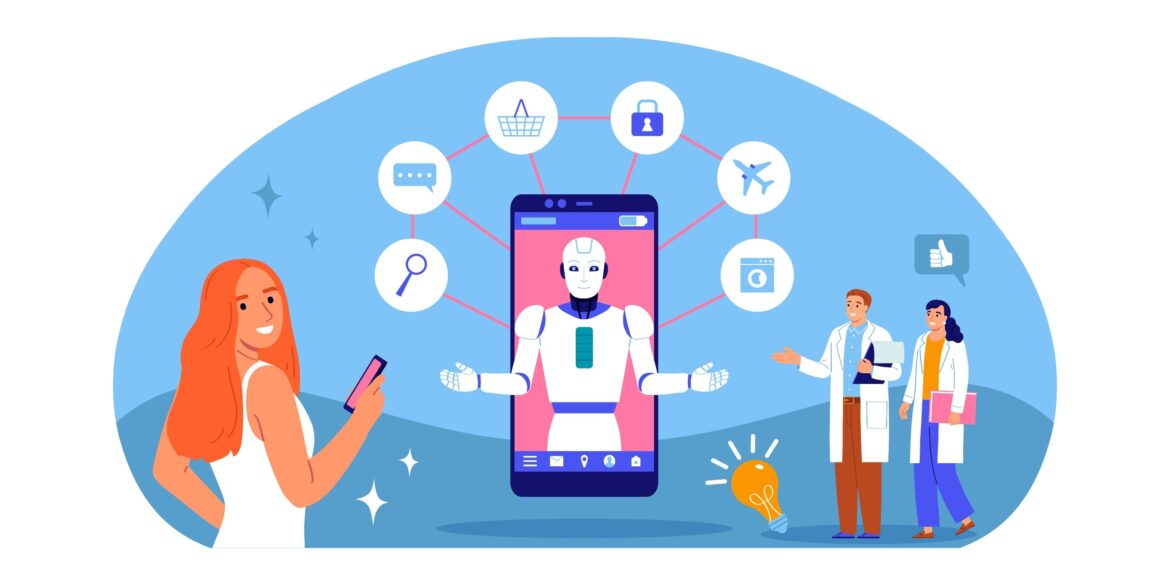Think about a world where doctors in remote villages can spot diseases early using smart tools, or where patient records help predict outbreaks before they spread—this is the exciting promise of big data analytics, artificial intelligence, machine learning, and deep learning in Bangladesh’s healthcare system, technologies that are starting to make real differences in how care is delivered. These innovations are helping bridge the gap between city hospitals and rural clinics by making diagnoses faster and treatments more personal. For instance, big data tools sift through huge amounts of information from health records and wearable gadgets to forecast issues like dengue or cholera outbreaks, allowing quick actions that save lives. Artificial intelligence steps in to automate tasks, like scanning medical images to catch cancer or tuberculosis sooner, which is a big help where specialists are few. Machine learning takes it further by creating custom plans for ongoing conditions such as diabetes, cutting down on mistakes and improving results for patients. Deep learning, with its advanced networks, excels at digging into complex data, like analyzing X-rays or pulling key details from messy records using natural language processing, especially useful in areas short on experts. Together, these techs make healthcare more efficient, letting clinicians focus on people rather than paperwork, and they open doors to remote check-ups that reach far-flung communities. Of course, rolling them out isn’t simple—challenges like spotty internet, limited equipment, and a need for more trained workers slow things down, plus worries about keeping patient info safe call for strong rules. But the upsides are clear: better resource use, fewer errors, and fairer access for everyone, from bustling cities to quiet villages. Experts suggest teaming up between government, private companies, and educators to build better setups, train folks in data skills, and set standards for sharing info securely. This could turn Bangladesh into a model for other growing countries, showing how tech can make health services more inclusive and effective. As these tools grow, they bring hope for a system where prevention is key, treatments fit each person, and no one is left behind because of where they live. It’s a positive shift that’s already sparking changes, encouraging more investment and teamwork to unlock even greater benefits, like smoother operations and healthier communities overall. With thoughtful steps, Bangladesh can lead in digital health, turning challenges into chances for a brighter, more connected future in care.
Revolutionizing Bangladesh Healthcare with Big Data, AI, Machine Learning & Deep Learning
34


